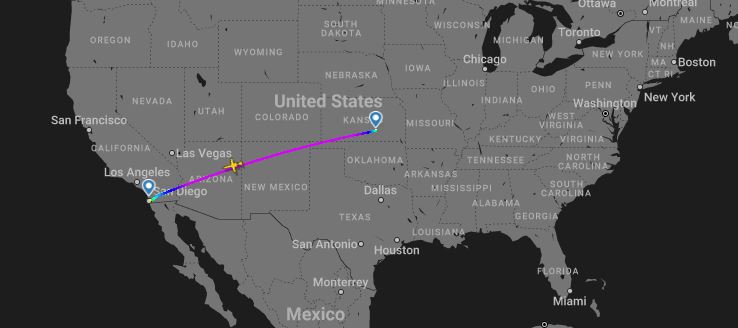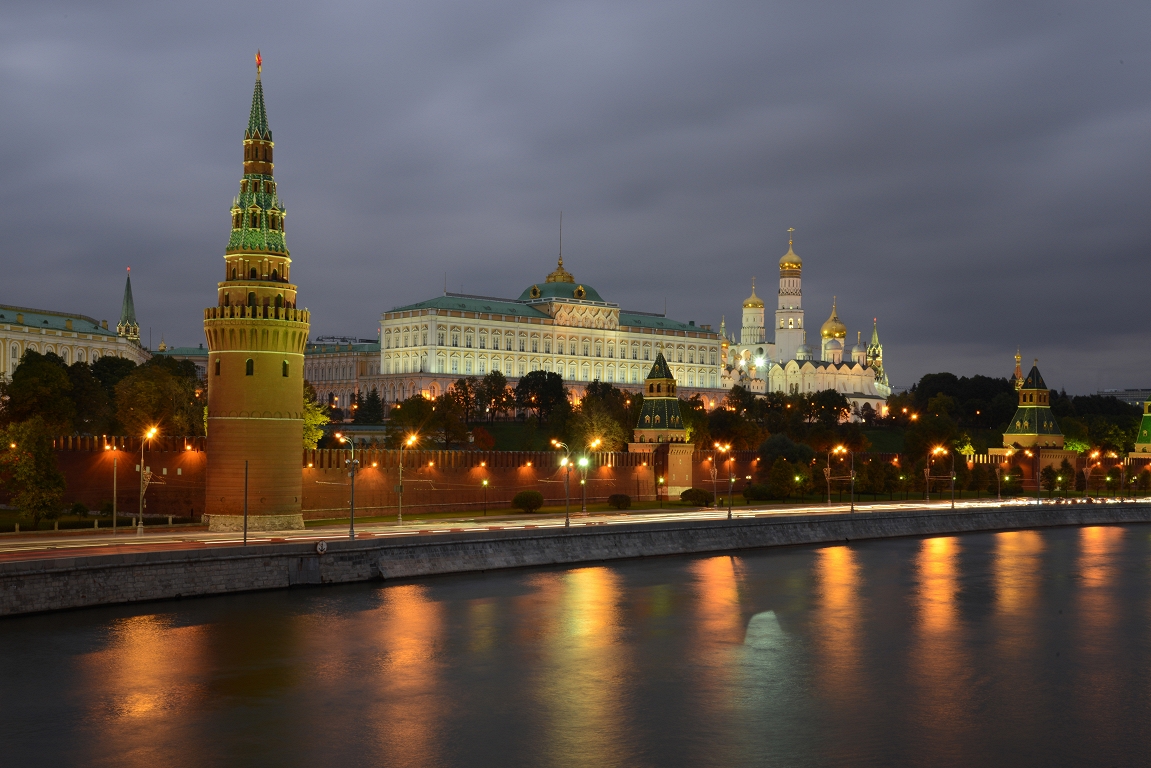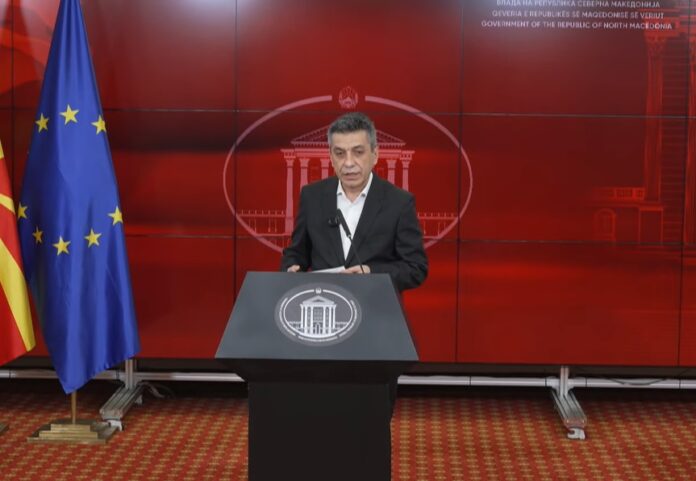Is that what they chose?

There is a video circulating on the Internet, with several interventions by the Democratic Party candidate in the last US elections, Kamala Harris, warning that Trump’s victory and the increase in rates and tariffs would represent, in practice, the creation of a consumption tax for all Americans. That is, whoever was attentive knew what was in preparation.
In this same election campaign, in the debates and outside of them, Donald Trump said foreigners were eating the ‘dogs and cats’ from Springfield (Ohio) inhabitants. He also warned that he was going to deport massive foreigners.
Although in either question the US President is going further than the warned, such as internal affairs or willingness to attach territories of third parties, curiously in both situations of allied countries, the generality of policies being put into practice were campaign themes. Most likely, many of the US voters or did not take the risks seriously or, leading, believed that Trump was the best solution for their country.
He said during the campaign, especially in private, that if he were American, he would vote for Kamala Harris. However, a foreigner, particularly Chinese or Russian, would be eager for Donald Trump’s victory. The question lies in the way Trump addresses the (especially economic) problems of the US and, substantially, the ongoing systemic transition.
Already here I wrote that, in the eagerness of wanting to balance this transition with approach to Russia, seeking to push it away from China, disappears the alliance network that constitutes the center the International Power of the US. See how the Prime Minister of Japan, after the announcement of tariffs, has already proposed to China and South Korea a dialogue with a view to a free trade zone in the region. In less than 100 days, Trump got what no one had achieved in centuries: approaching those three countries.
In addition to disrupting alliances that took decades to build, and which had underlying the idea that the US was the ‘indispensable nation’ as ‘benign power’, falling a central element of its ‘soft power’.
Also at this time, the new administration seemed aligned with wanting to weaken the European Union-it is in this framework that we can put the recurring interference in internal allied affairs, with the vice president to serve as a service agitator (the messaging scandal has in private, the aversion of management members to European allies). His difficulty in managing multilateral paintings, by his own confrontational and transactional logic, leads him to always deal with national leaders, whose ego gives in to rationality and tendentially bite the bait, Trump, in bazaar diplomacy, divides to conquer.
In these first months of new administration, the US became weaker, the widen West became weaker and the world was vertiginously approaching a multipolar and multi-enivilizational system. This last point is an absolute novelty in the modern era. The acceleration for a post-western world already has the Trump brand, the revisionist powers are certainly grateful than they confess.
I doubt it was all that desired by US voters. But an election is not just about choosing the best, too often choose the least bad. Maybe Kamala Harris wasn’t good, but was Trump the least bad?







